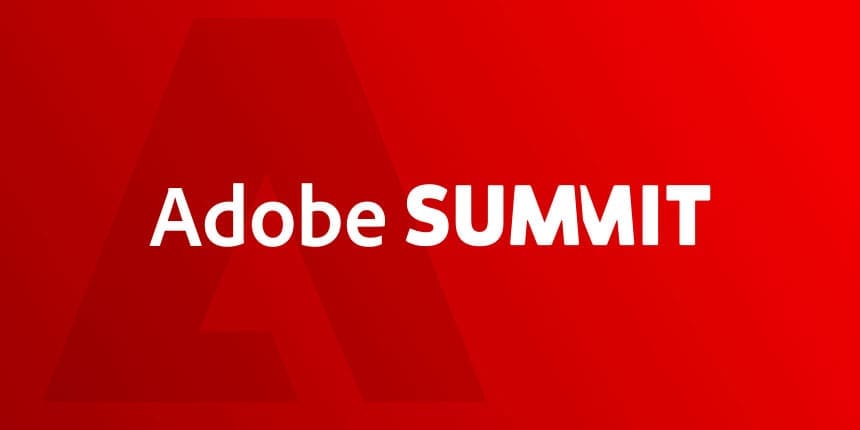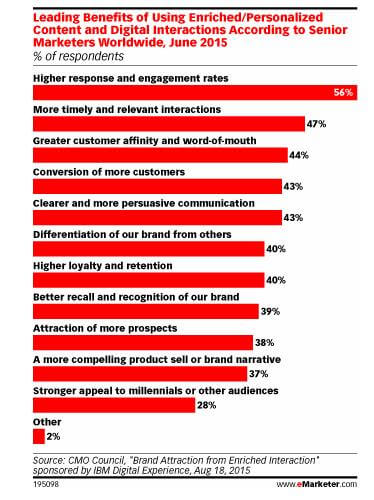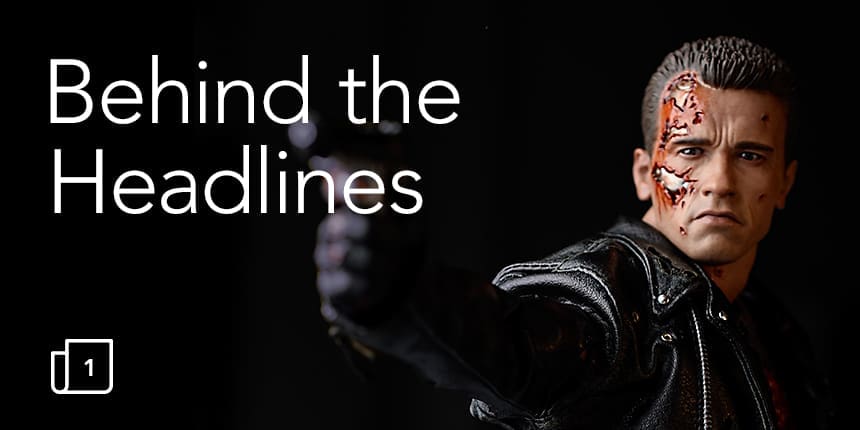
 Insider-qamichaelleblanc
Insider-qamichaelleblanc 
Michael Le Blanc, Senior Vice President of the Retail Council of Canada (RCC), took some time to talk to us about the shifts in consumer behaviour and the impact personalization and advancements in technology will have on retail marketing.
Micro Moments – The Next Frontier
It comes as no surprise that today’s connected consumers expect brands to deliver immediate and relevant answers during very specific moments in the purchase journey. Thanks to mobile, these specific “I-want-to” moments can happen anytime, anywhere.
How are micro-moments changing the rules and what is your advice to retailers on how they can be successful at winning every micro-moment?
This concept of micro-moments is being driven in many ways by our mobile lifestyle and the increasing sophistication around retailers who are working to serve their customers better with the right message, at the right time, in the right place. These ladder up to holistic integrated customer experiences that transcend place and time and create a continuity of relationships that can deliver tremendous value to customers. Retailers can start by understanding their customer life-cycle and then un-packing these stages into an understanding of where their brands and brand experience intersect.
For the Love of Beacons
Beacon technology remains a buzzword in retail – transforming the way shoppers interact and engage with brands in-store. Retail giants like Macy’s and Game Stop are among many opting in with targeted hyper-local messaging and relevant offers to consumers. BI Intelligence expect beacons to directly influence over $4 billion worth of US retail sales this year, and that number is set to increase throughout 2016.

As beacon technology becomes more mainstream, what do you think retailers should be doing to adapt to these types of emerging technologies?
There is such great potential for an integrated, holistic customer experience, both in-store and in the environments in-and-around retailers’ stores. From simple (but immensely powerful) tactics like way-finding in stores to much more immersive experiences linking social media promotion to in-store, the opportunity is to add value to the in-store experience buy. For example, the customer experience and personal preferences can be linked to the front-line associates so that they can deliver a more informed and relevant exchange.
Personalization is the New Black
Personalization will continue to reinvent the shopping experience with more retailers focusing on winning the hearts, minds and wallets of the connected consumer. In 2015, 26.6% of US digital buyers said that they would be more likely to buy from a retailer multiple times if they received personalized promotions or offers.

How can retailers use personalization to drive better experiences and conversions (both in-store and with e-commerce)?
We are starting to see personalization move into the store environment where retailers have successfully linked social media to mobile devices and interactive displays. It all starts with small, and then large, data – and managing personalization with a purpose.
The Rise of Wearables
From fitness trackers to smart watches, wearable technology usage is expected to double by 2018, to 81.7 million users.
How will wearables impact the retail industry?
I’d expect to see this impact in two ways: payments and customer experience management in the retail environment. First of all, and probably most practically, we see payments and loyalty on wearable devices transcending novelty and becoming a functional component of the customer-retailer value chain. From a practical customer experience perspective, wearables could enable retailers to seamlessly communicate and deliver value to their customers in and around the retail environment. The key for retailers will be understanding the cost profile of adding new payment types and technology and the ROI associated with it.
Internet of Things – Disruption at its Finest
As new technologies continue to emerge, what excites you the most about the future of retail?
Entering the second decade of the Internet’s effect on retail (on our lives), I expect to see more fully-formed strategies around the IOT (Internet of Things) really take hold. My hope is that the technology will fade into the background and the customer experience will remain paramount. Intuitive but not intrusive. Predictive but not creepy. As Arthur C. Clarke said, “Any sufficiently advanced technology is indistinguishable from magic.” So I’m excited to see a retail experience that drives engagement, enhances entertainment and is customer centric versus technology centric.
About RCC: RCC is a not-for-profit, industry-funded association representing more than 45,000 store fronts of all retail formats across Canada, including department, specialty, discount, and independent stores, and online merchants.
Contact DAC today to find out.



